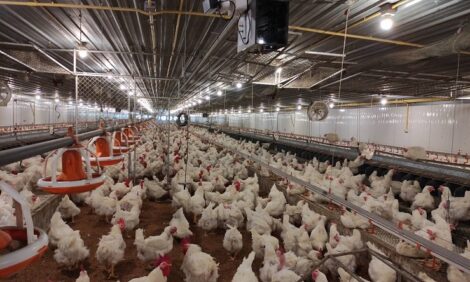



Nutritional Contents of Wheat DDGS Characterised
CANADA - Research being conducted at the University of Manitoba will allow livestock nutritionists to maximize the nutritional value of the by-products of ethanol production, writes Bruce Cochrane.A multi-disciplinary effort underway at the University of Manitoba, is developing new lines of winter wheat, testing those lines in ethanol production and evaluating the co-products, in poultry, swine and cattle rations.
Associate Professor of Animal Science, Dr Bogdan Slominski, is responsible for the chemical characterization of the DDGS compounds such as protein and amino acid, fat, carbohydrates, fibre and vitamins.
Dr Bogdan Slominski - University of Manitoba
There are certain developments on the market in terms of cost of the feedstocks so those ethanol plants would sometimes use wheat entirely as a feedstock, they would sometimes use wheat and corn and sometimes, if the price of corn is low, they will use corn in the production system.
We have to adapt a little bit to those changes and be able to predict the nutritive values of those co-products depending on the feedstock used for ethanol production.
The main objective here would be to determine the nutrient availability specifications and I would use only available energy, available amino acids and available phosphorus as an example.
These are the values which will be then used by the feed manufacturers in the formulas to achieve a good high quality broiler chicken or laying hen or hog production.
Dr Slominski reports the nutrient specification data is almost complete.
He says the next objective will be to validate those numbers in a large scale field trial to determine optimum inclusion rates for these DDGS co-products and the benefits of using them.








